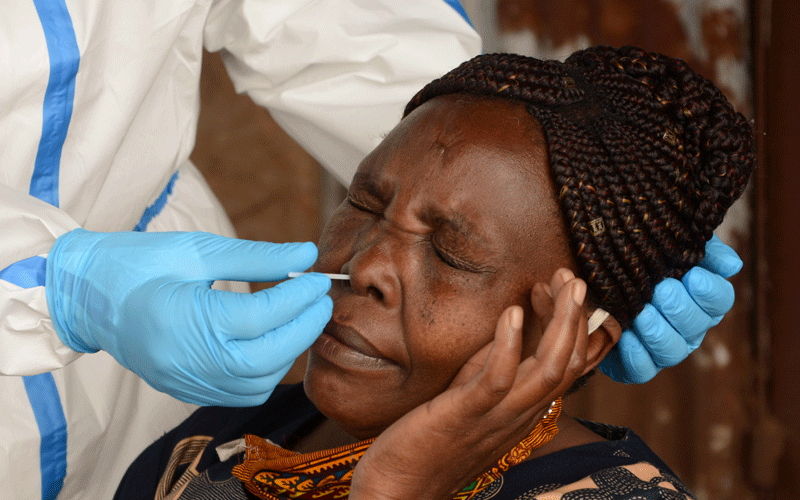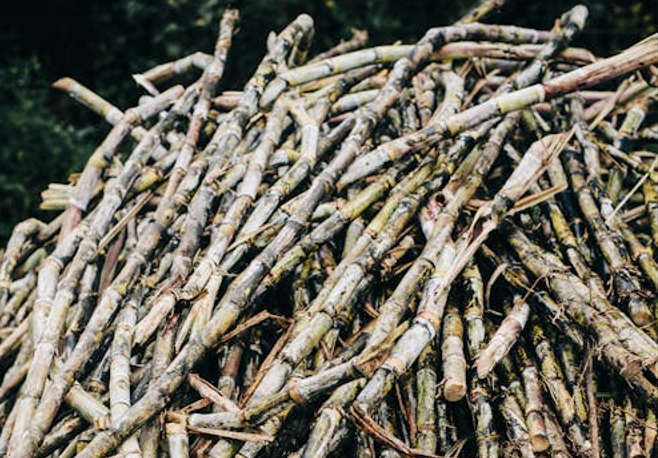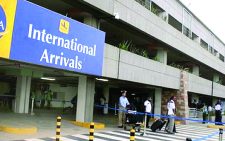Kenya posts easy growth in June Purchasing Managers Index (PMI)

Steve Umidha @UmidhaSteve
Kenya’s private sector recorded a marginal growth in June despite output and new orders rising for the second month on the bounce, says the Purchasing Managers Index (PMI) survey for June.
Some hiring continued during that period as companies faced renewed surge in backlogs, while there were additional efforts to build inventories ahead of a period of predicted increase in sales.
“However, concerns about further COVID-19 restrictions meant that the business outlook slipped to the second-weakest in the series history,” says the PMI report.
The Stanbic PMI survey posted Kenya’s performance at 51.0 during the month under review compared to 52.5 registered in May, indicating a sustained, but weaker, expansion rate in the Kenyan private sector.
This was an increase by 11 points, compared to May, which was the highest in four months.
Readings above 50 signal an improvement in business conditions on the previous month, while readings below 50 show a deterioration. PMI reading fell below the 50.0 value in April.
The survey panel attributed the slowed growth pace to Covid-19 restrictions which meant that the business outlook slipped to the second-weakest in the survey’s history.
Strong improvement
Kuria Kamau, Fixed Income and Currency Strategist at Stanbic Bank noted that the pace of the recovery slowed in June following the strong improvement witnessed in May when some of the stringent public health restrictions were lifted.
“Both domestic and export demand increased on account of higher customer numbers and increased cash circulation, but the increase was at a slower rate than in May,” he said.
The rising fuel costs and increased raw material demand drove another solid increase in purchase prices in June.
Firms also recorded a rise in staff costs for the second month running, albeit only a marginal one, according to the monthly study.
This as the rate of inflation eased to the softest seen in 2021 so far. Firms reporting a rise in purchase costs often related this to higher fuel prices, whereas others found that stronger demand and supply shortages pushed up prices for some raw materials.
This period saw Energy and Petroleum Regulatory Authority (EPRA) increase fuel prices at Sh7.63 per litre of petrol, diesel by Sh5.75 per and kerosene by Sh5.41 per litre in May.
Improved DFI
As a result of a somewhat steady economy, economic experts are now forecasting an improved foreign investment (FDI) inflows by multinationals not only in Kenya but also across the region despite the economic setbacks caused by the Covid-19 pandemic.
According to Citi bank’s head of global subsidiaries in sub-Saharan Africa Joyce-Ann Wainaina at a past forum cited a growing middle class and a young, tech-savvy workforce as one of the ingredients hoped will trigger a rise in FDI flows.
Foreign Direct Investment in Kenya is expected to hit Sh125 billion by the end of 2021, according to Trading Economics global macro models and analysts expectations, against UNCTAD’s projections which had predicted a decline by as much as 40 per cent this year due to Coronavirus restrictions.












